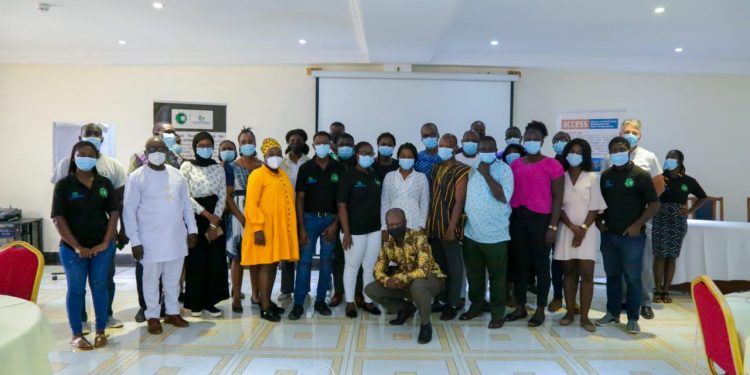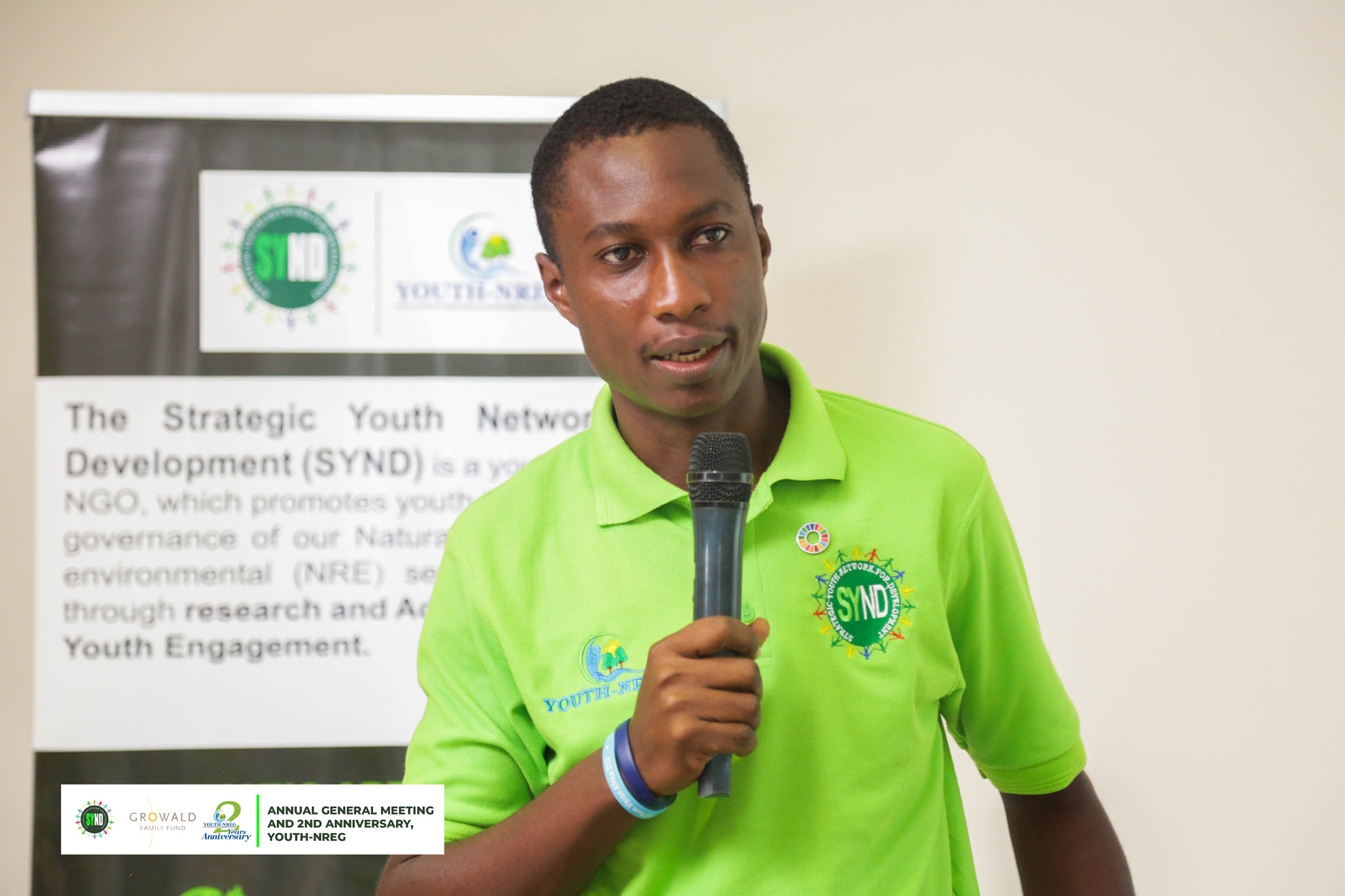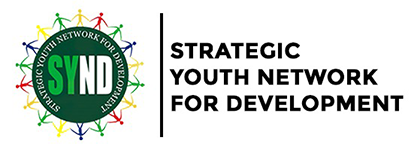
A capacity training workshop has been held to update CSOs on the Civil Society Organization engagement frameworks developed by the World Bank and the African Development Bank (AfDB).
The frameworks are aimed at helping to promote an inclusive decision-making process and high-impactful developmental projects in various countries.
The West Africa ACCESS Coalition convener, Strategic Youth Network for Development (SYND), organised a two-day capacity building workshop for CSOs on these frameworks to ensure effectiveness among the developmental partners.
The Executive Director of the SYND, Chibeze Ezekiel in his presentation explained that AfDB sees the CSOs as developmental agents hence the frameworks.
According to the Goldman Prize Winner, AfDB holds in high esteem inputs from CSOs as they bring their local expertise to bear hence the frameworks.
A Senior Energy Specialist at the World Bank, Dr David Vilar Ferrenbach, in his presentation on the Multi-Tier Framework (MTF) noted that Ghana has improved its electricity access rate since 2010.
However, about 5 million Ghanaians, as of 2019, do not have access to electricity according to the World Bank’s Tracking SDG7: 2021 Energy Progress Report.
The report further disclosed that Sub-Saharan Africa has the highest share of renewables in the energy supply chain due to large reliance on traditional uses of biomass.
Due to the Akosombo dam, the country has made strides with respect to renewable energy, but this has declined over time.
As to why Sub-Saharan Africa has been unable to make substantial growth, Dr David Vilar Ferrenbach explained that, unlike Asia, some African countries lack political stability, proper planning framework, huge investment and have a larger population.
He also touched on the Global Tracking Framework (GTF), Regulatory Indicators for Sustainable Energy (RISE) mechanisms and the Country Partnership Framework (CPF) process.
The CPF, he said, reported that “Ghana has been among the fastest-growing economies in Africa since 2017 and at the forefront of poverty reduction.”
Although the year 2020 was challenging, he added that “growth prospects are positive beyond 2020. The economy is expected to rebound in 2021 as the pandemic subsides and demand recovers domestically and abroad.”
“On average, the output is expected to grow by 4.5% yearly over 2021- 2023, driven by mining and oil production, and the impulse provided by Ghana CARES program,” he added.
Assistant Development Planning Officer at the Ga East Assembly, Juliet Akor-Boafo said “We plan on inviting SYND into the assembly to build the capacity of other staff not present today.”
Representatives from other local assemblies, including Ayawaso West and Communications Officer of World Bank Ghana Office, Kennedy Fosu were present at the workshop.
Author








